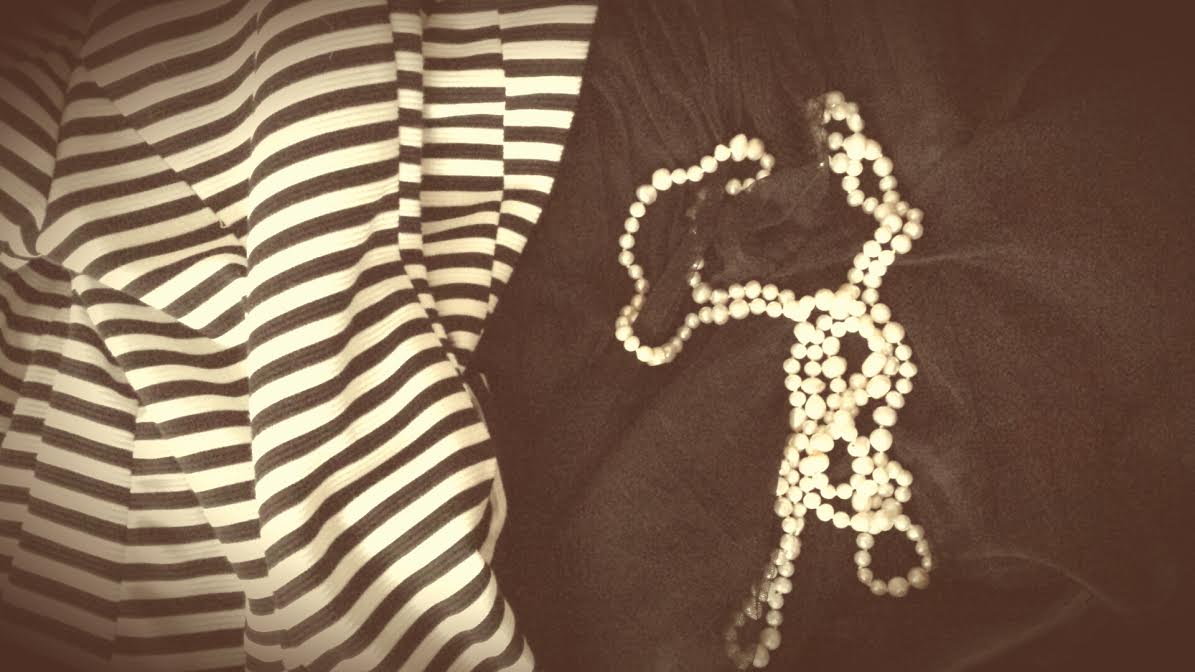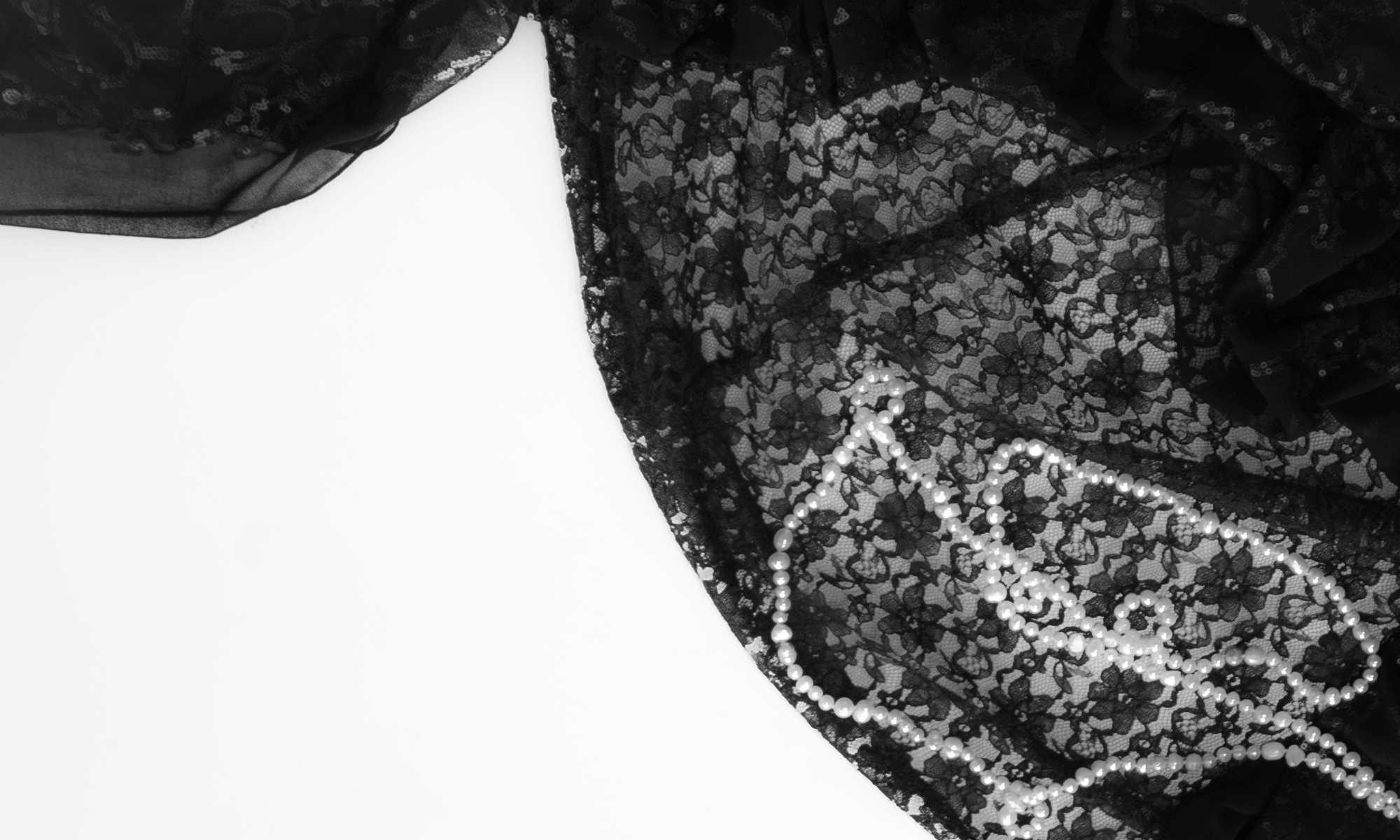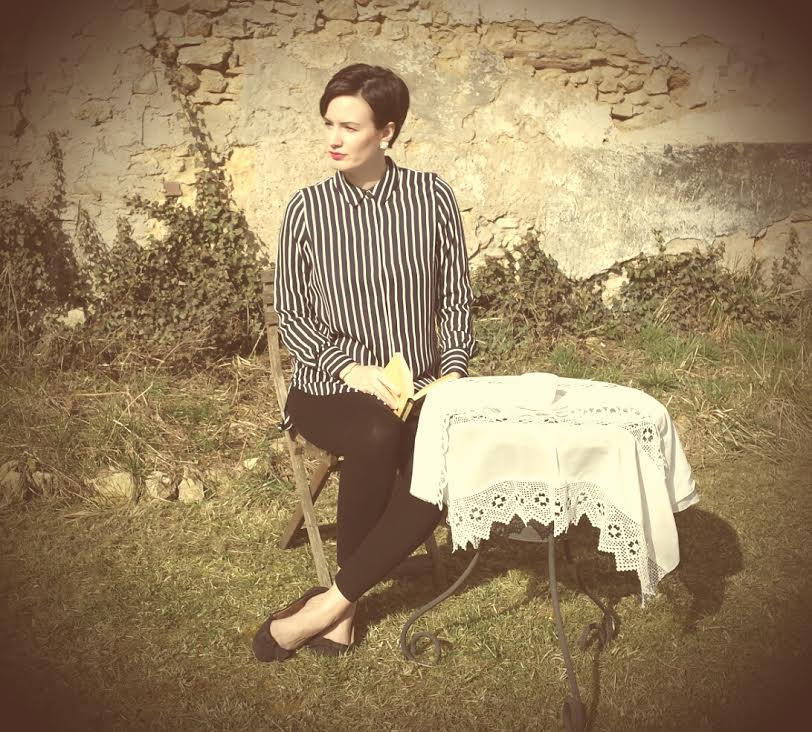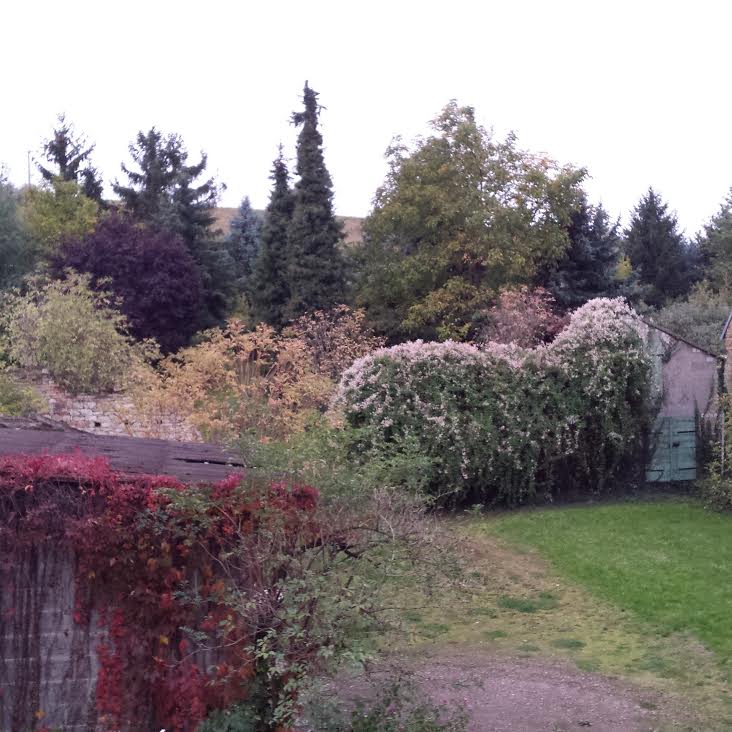
The day she’s planned looms glamorously. She dresses the part, prancing around in satin, chiffon and pearls. The preparation is everything, and one last glance in the mirror says she’s off to step into a dream. The problem is, she genuinely believes in an elusive pageant simply waiting to be tapped into. She dresses the part she was born into this shabby little town believing she’d play. Fulfillment most certainly lies without.
Well, imagine you’ve got the starring role and you’ve worked for weeks upon months preparing for the performance. It’s opening night and you show up in starry anticipation of the lights and applause; you walk backstage and hear your shoes on the wooden floor. You peer out from the wing anticipating the heat and glow of the lamps, breathe in the thick, aged air of the theater, and what do you see? A pile of junk on the stage. Torn down scenery, a dumpy couch and a bucket of paint stand where you should enter, stage right. Peering out from behind the curtain you see a convention for corporate marketing has spilled into the aisles. The garage door on the other wing has been left open and truck exhaust creeps along the catwalk. But enough with cheesy metaphors.
The damn radio plays nothing but news and ads. She prays for a rush of insight–something intoxicating and tangible to the spirit. She drives through town waiting out the ads until the music hour is scheduled to begin. She makes it through the noise and the harassment of the nerves and anticipates an uplifting, just reward. She’s met with an irritating, hypnotically weak, cheap track. There are a few scratched CDs on the floor of her clunky used car; they’ve been overplayed and look unappetizing there next to an empty fast food bag.
OK, back to the chiffon and pearls: she drives aimlessly looking for a home for them to dwell upon her body. There’s a five star restaurant downtown, overpriced and uncomfortable. If she has to resort to paying for a piece of fine drama, she’s willing to dole it out. They give her a seat too close to the kitchen. Was it intentional? No, it’s a small building. The table is uneven and rocks every time she puts her foot down. She goes to the restroom. It’s light and airy. There are little folded cloth towels to dry the hands on and a metal basket to throw them in on the floor. Nice. She looks in the mirror. Her hair doesn’t sit right. The jacket makes her look thick around the waist. The pearls are definitely overdone. She should have stuck to the black pants and blouse. The uniform. The surefire, safe attire for navigating the scum. Maybe it’s not even the clothes. Maybe she’s just too old for trinkets and frills? It doesn’t sit right, doesn’t feel right, doesn’t look right. It’s wrong and she spent fifty dollars for nothing. Farewell.
A slow and steady rage starts to accumulate in her throat. She swallows it down and grits her teeth. She stops at a fast food restaurant to use the bathroom and get coffee. She strolls through the dingy parking garage and throws the pearls in her purse. She turns on the hand blow dryer in the bathroom. It’s loud and obnoxious but at least the toilets were clean. She buys the coffee and the woman who works there looks at her with a mocking twinge of the lip. She gets the order wrong. Was it intentional? No, she’s busy.
She stands there, coffee in hand, in the middle of the screaming kids, shabby t-shirts and sneakers. The chiffon looks ridiculous and she looks like a little kid playing dress-up with mom’s things. When she gets home she wants nothing more than to rip off the damn blazer, kick off the boots and wash off the makeup. The couch is where she belongs. It’s the only place where the dream still lives. The beautiful ideal of a world proportional to the effort of the fantasy. While staring at the television something tells her there is no secret activity or location that provides satisfaction. Nothing she’d have access to, anyway. That pretty little world exists nowhere and in no one else. Maybe it’s about time she stop thinking she’s any different from the rest. You can’t dress the world up.




